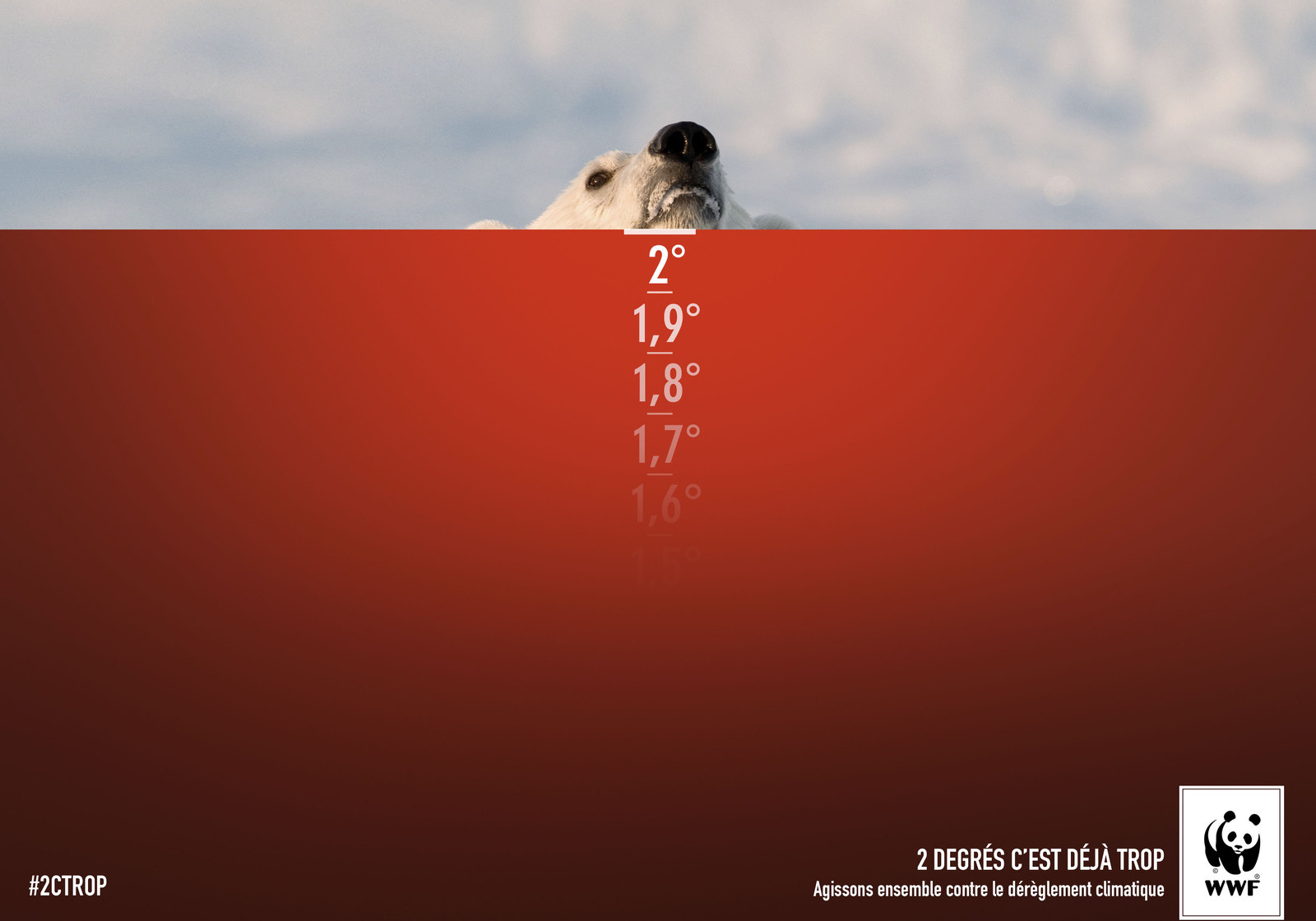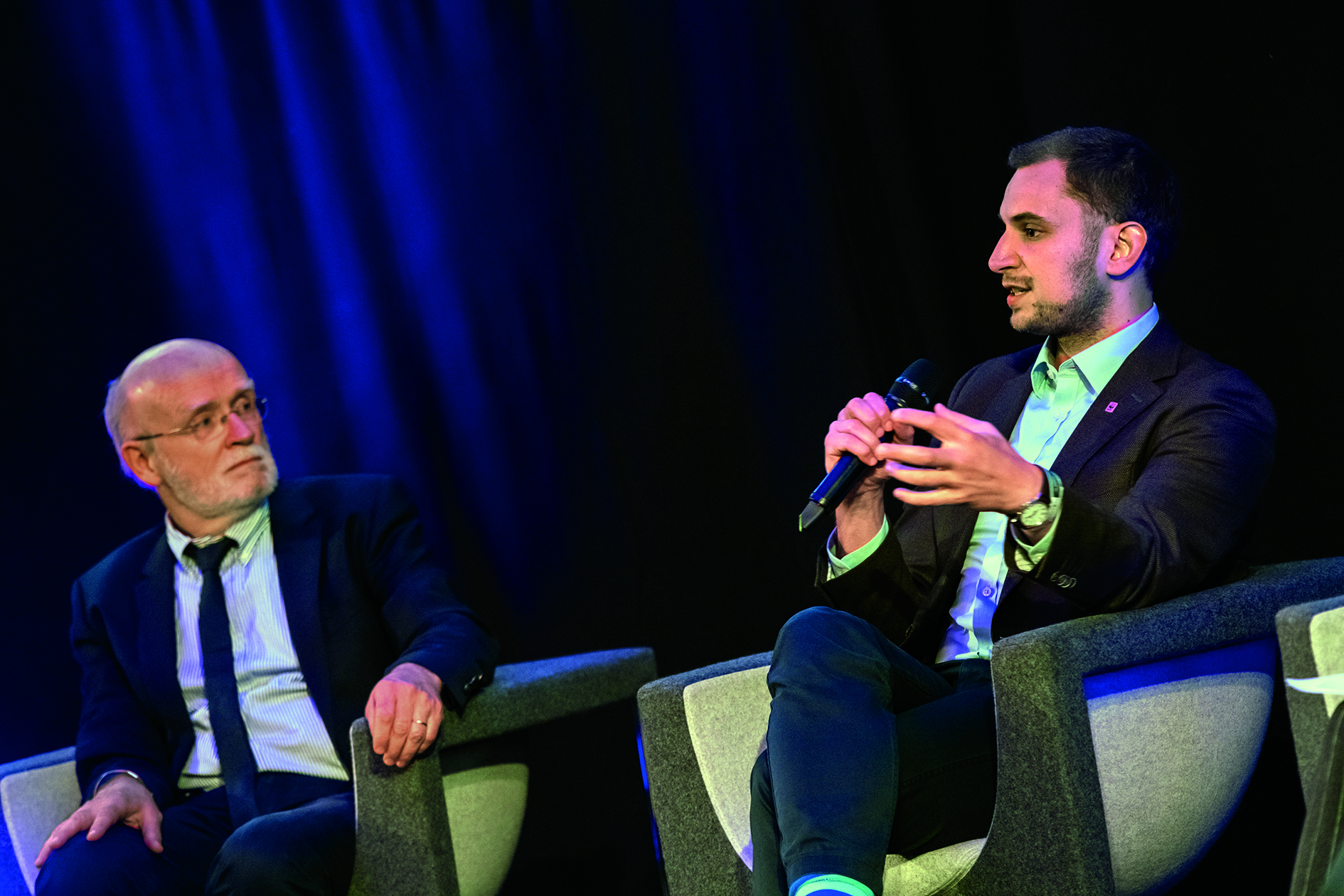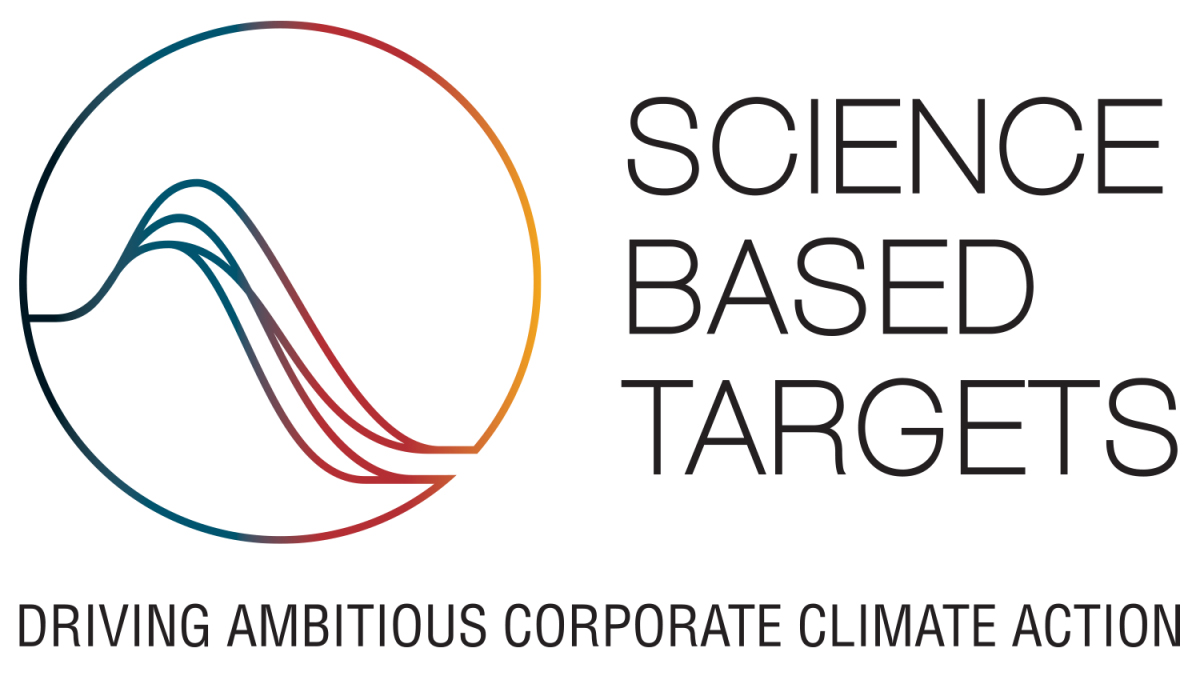Alexander Farsan: companies called to listen to science to define their emission reduction paths

The IPCC special report released a few months ago recalls the extreme need to stay below 1.5°C of global warming. Companies must take their share of responsibility and act, of course. But how high should they set their objectives? Are they doing enough? Science-Based Targets make it possible to quantify effort and move tangibly towards a low-carbon model. Alexander Farsan, who leads WWF's work on this subject, tells us how.
INTERVIEW
Sustainability MAG: Whoever says WWF necessarily thinks of its symbol the panda and, beyond that, all the endangered species. The latest biodiversity report issued by the Intergovernmental Science-Policy Platform on Biodiversity and Ecosystem Services (IPBES) is more than alarming...
Alexander Farsan: Echoing the findings of the Living Planet report launched by WWF last year, the Global Assessment report offers irrefutable evidence of not only the unprecedented decline of nature but its risks to human lives and prosperity. The need for urgent action hasn't been more clear. Business as usual is not an option anymore.
The biodiversity crisis should worry us. We depend on biodiversity for the food we eat, the water we drink, the clean air we breathe, the stability of weather patterns, and yet, our actions are pushing nature's ability to sustain us to the brink. Our planet is at a crossroads and the one thing we know with absolute certainty is that we cannot have a prosperous future on a depleted, degraded planet.
The report points towards an un-precedented decline in nature; however, it also offers hope for setting nature on path to recovery through transformative change by redefining our approach for a more sustainable future.
WWF frequently sounds the alarm about global warming. How would you describe the situation today with regard to the latest IPCC special report?
The clear message from scientists is that every half a degree of warming matters. In many ways, 1.5 degrees is the new two degrees. And that’s a big deal. It is now clear that the impacts we thought we’d see at two degrees will now appear at much lower temperature levels.
We must have laser focus on delivering on 1.5 degrees and this report provides a pathway to get there. We need to halve greenhouse gas emissions globally by 2030 and cut coal use by two thirds by the same date. By rapidly increasing the ambition of current climate policies, we can meet this target without over-reliance on risky and unproven technologies to take carbon out of the atmosphere.

Awareness campaign by WWF
The Science-Based Targets initiative (SBTi) shifts the debate from an ideological and often divided terrain to the very concrete one of measurable and quantifiable objectives. What is the "Science-Based Targets method"?
Science-Based Targets are emissions reduction targets in line with what the latest climate science says is needed to meet the goals of the Paris Agreement - to limit global warming to well below 2°C above pre-industrial levels and pursue efforts to limit warming to 1.5°C.
Science-Based Targets show companies how much and how quickly they need to reduce their greenhouse gas emissions in order to be consistent with keeping warming below the most dangerous levels.
Transparency is a prerequisite. Are organizations ready to play the game in your opinion?
Transparency is essential in holding companies accountable to the targets they are setting. Annual reporting of emissions through CDP, one of the Science-Based Targets initiative’s partners, is required by the initiative as a key lever for keeping companies on track with their targets.
Hundreds of corporations worldwide are preparing for the transition by setting emissions reduction targets grounded in climate science. They include companies in some of the highest emitting sectors like cement, power and chemicals, who are realising the enormous business opportunities of being a leader in the low-carbon transition. Galvanized by the historic Paris Agreement, the transition to a zero-carbon economy is underway and accelerating globally. Companies have a vital role to play in helping achieve transformation at the pace and scale that is needed.
How do you see the role of the companies that have joined your initiative?
Their leadership is building confidence and triggering action across the global economy, from investors to supply chains. And as governments prepare to ratchet up their national climate pledges in 2020, Science-Based Targets send a clear signal that companies are making the transition to a low-carbon world, and that policy makers can be confident in raising their own ambition.
Earlier this year, in response to the latest report from the IPCC highlighting the differences between 1.5°C and 2°C of warming, the SBTi released new resources to enable companies to set targets in line with 1.5°C. The latest science has made it clear that more needs to be done - and faster - in order to avoid the worst impacts of climate change and secure a thriving, sustainable economy. We are urging all companies to aim for 1.5°C as soon as they can.
Which companies are inspiring in this regard? Can you name some of them whose ambitions keep up with the challenges?
To date, over 220 companies worldwide, and from many different sectors, have had targets approved by the SBTi. That’s in addition to some 350 more that have made a public commitment to set science-based targets through our initiative.
Some of the biggest brands in the world are setting climate targets in line with the latest science - including the likes of Levi’s, Ericsson, BT, and HPE - as well as companies in some of the highest-emitting sectors.

Alexander Farsan urges to take action, alongside Hans-Otto Pörtner, Vice President of GIEC working group 2. (Luxembourg Sustainability Forum 2019)
Limiting its direct impacts is one thing, but having a policy of reducing indirect impacts is often complex. However, this is the biggest challenge facing the financial industry in Luxembourg. What do you recommend to these companies?
Despite the challenges of addressing indirect emissions, Scope 3 not only has huge potential to prevent the worst impacts of climate change, but it can also lead to substantial business benefits.
Companies can mitigate risks within their value chains, unlock new innovations and collaborations, and respond to mounting pressure from investors, customers and civil society.
There is enormous potential to reduce Scope 3 emissions, which would help preserve the rapidly shrinking global carbon budget. Hundreds of companies are already setting Scope 3 reduction targets, and dozens are in line with best practices according to the SBTi’s criteria.
Your initiative is rather recent. What is its impact today?
Since the SBTi started in 2015, in the run-up to the historic Paris Climate Change conference, we’ve seen the mainstreaming of Science-Based Target setting across sectors and geographies. Companies in over 40 countries around the world, from Brazil to India, and from Japan to Norway, have joined our initiative and are setting targets in line with the latest climate science. More recently we have seen some significant firsts - with Mahindra Sanyo Special Steel becoming the first Indian company to have approved Science-Based Targets last year, Emira Property Fund becoming the first in Africa, and Heidelberg Cement becoming the first cement company with approved targets earlier this year.
Next year will be a critical one for national governments coming back to the table to ratchet up their ambition under the Paris Agreement - and we hope the leadership of companies will give them the confidence to do so.
Do you see this as a promising dynamic?
Yes. The private sector has the power to lead the way to a sustainable and secure future and protect the human population from the worst effects of global warming, while allowing our economies to thrive. The task at hand is challenging, but it is also achievable. Companies worldwide are showing this is possible - now all companies need to be setting targets in line with the latest climate science, and governments must set supportive policies to match.

The Science-Based Targets initiative is a collaboration between CDP (formerly known as Carbon Disclosure Project), the United Nations Global Compact (UNGC), World Resources Institute (WRI), and the World Wide Fund for Nature (WWF). Alexander Farsan leads WWF’s work on science-based targets for businesses across its international network and is a member of the Science-Based Target initiative’s steering committee.

To be read also in the dossier "Science-Based Targets":